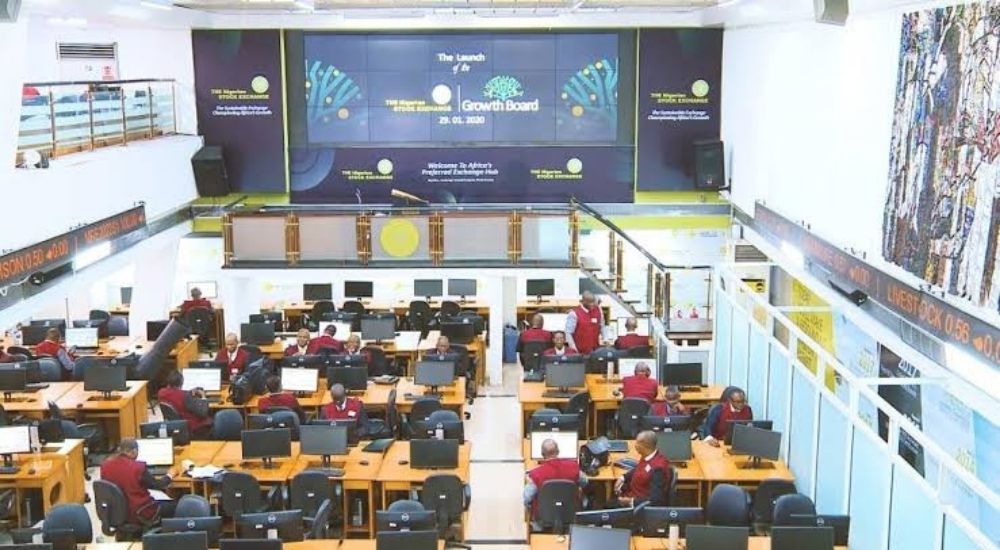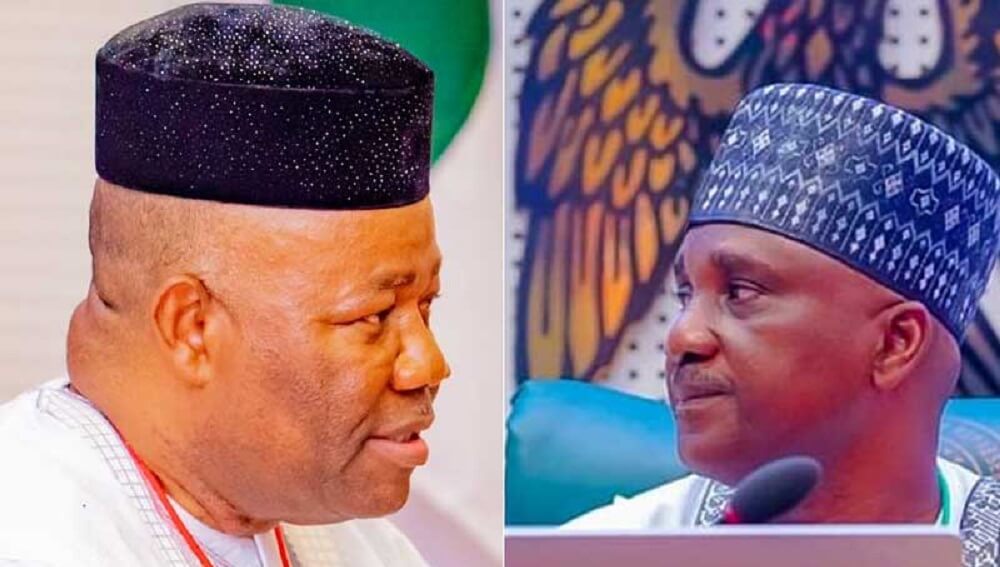Customs, FIRS, Others Remit N7.4tn Into Federation Account In Three Months

…FG, States, LG Get N5tn Allocation
…Oil-producing States Received Additional N393.93bn
The Federation Account recorded a total revenue inflow of N7.4tn in the first quarter of 2025. This is based on figures obtained by the Federation Account Allocation Committee (FAAC).
The remittances were made by the Federal Inland Revenue Service, the Nigerian Customs Service, and other revenue-generating agencies of government.
Out of this amount, N4.96tn was disbursed as statutory allocations to the Federal Government, 36 states, and 774 local government areas from January to March.
The FAAC committee, headed by the Minister of Finance, Mr Wale Edun, is made up of commissioners for finance from the 36 states of the federation, the Accountant General of the Federation, and representatives of the Nigerian National Petroleum Company Ltd.
Others are representatives of the Federal Inland Revenue Service, the Nigeria Custom Service, Revenue Mobilisation, Allocation and Fiscal Commission and the Central Bank of Nigeria.
The federation account is currently being managed on a legal framework that allows funds to be shared under three major components – statutory allocation, Value Added Tax distribution, and allocation made under the derivation principle.
Under statutory allocation, the Federal Government gets 52.68 per cent of the revenue shared; states, 26.72 per cent; and local governments, 20.60 per cent.
The framework also provides that VAT revenue be shared thus: the FG, 15 per cent; states, 50 per cent; and the LGs, 35 per cent.
Similarly, extra allocation is given to the nine oil producing states based on the 13 per cent derivation principle.
A breakdown of the N4.96tn showed that the Federal Government received a total of N1.65tn, state governments N1.68tn, and local governments N1.22tn. Oil-producing states earned N393.93bn from the 13 percent derivation fund
Monthly analysis of the allocation showed that in January, total revenue stood at N2.641tn, with N1.703tn allocated. From this amount, the Federal Government received N552.59bn, state governments got N590.61bn, and local governments received N434.56bn. Oil-producing states shared N125.28bn under the derivation fund.
In the month of February, revenue dropped slightly to N2.344tn, with N1.678tn distributed to the three tiers of government.
Out of this amount, the Federal Government received N569.65bn, states got N562.19bn, while local governments received N410.56bn. The derivation fund allocated to oil-producing states stood at N136.04bn, the highest monthly figure in the quarter.
In the month of March, total revenue rose again to N2.411tn, but only N1.578tn was disbursed.
Out of this amount, the Federal Government received N528.69bn, states got N530.45bn, and local governments received N377bn. Derivation fund payments totalled N132.61bn.
.
FAAC attributed the increased revenue performance to improved oil receipts, enhanced tax collection efforts, and gains from the foreign exchange market.
However, economic analysts have urged the three tiers of government to manage the funds prudently, especially in light of inflationary pressures, exchange rate volatility, and the country’s ongoing efforts to reduce its dependence on oil revenue.
Amidst the declining oil prices, the Federal Government had last month announced plans to prioritise critical spending and increase oil production as a response to falling global oil prices, which have slipped below the benchmarks used in the 2025 budget.
The Minister of Finance had stated this adding that the government will focus first on essential payments, including salaries, pensions, statutory obligations, debt servicing, and security funding.
“Our budget was based on 2 million barrels a day at $75 per barrel, and we are now underwater relative to those assumptions,” Edun said.
“When your budget revenue is below expectation, you have to hunker down, conserve, and prioritise.”
He noted that efforts to ease fiscal pressure and bridge the budget gap will also include asset optimisation, public-private partnerships, and a renewed drive for privatisation.
Edun said the 2025 budget already includes a line item for asset sales, which may surpass initial projections due to increasing investor interest.
According to the minister, President Bola Tinubu’s broader economic plan is to stabilize the economy and encourage investments that lead to job creation and poverty reduction.
ENDS
Customs, FIRS, Others Remit N7.4tn Into Federation Account In Three Months is first published on The Whistler Newspaper





